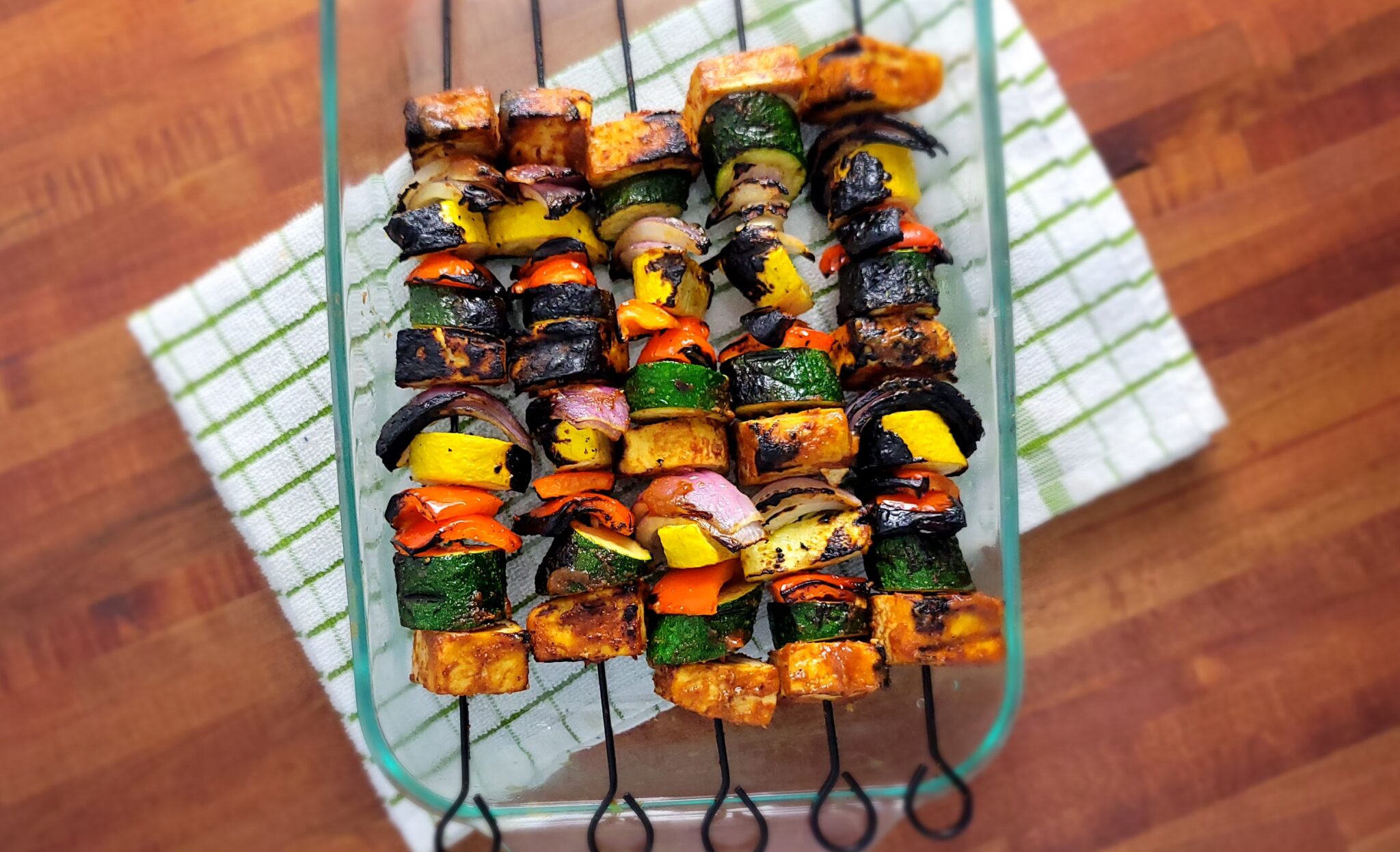What Foods are Bad for Kidneys?
Eating right for kidney disease can help to prevent further stress on your kidneys to keep them working well for as long as possible. The kidney diet may seem challenging, but the diet has a foundation of healthy habits you are likely already familiar with, such as limiting salt and saturated fat. Please note that specific recommendations for your kidney diet vary depending on your stage of kidney disease and medical conditions.
You may be surprised to learn that all foods can be included in a kidney diet. A kidney-friendly diet focuses on decreasing the portions and frequency of specific foods to manage your labs and symptoms. This article will describe the nutrients to limit in your diet to delay the progression of kidney disease in the early stages.
High-Protein Foods
Healthy kidneys help remove the excess protein that you eat from your body. When you have decreased kidney function, it is more difficult for your body to remove that extra protein. Overeating protein can then stress your kidneys by having them work harder. [1] Reducing the amount of protein in your diet and choosing plant proteins more often instead of animal proteins can help to reduce this stress and delay the progression of kidney disease. [2] Here are some examples of high-protein foods:
- Poultry and eggs
- Beef
- Fish
- Protein bars or other food products
- Dairy products
Sodium
Salty foods can cause high blood pressure and fluid retention in your body which worsens kidney disease. The recommended amount of sodium per day is less than 2,300 mg. Fortunately, there are many low-sodium, no-salt, or lightly salted food products that you can incorporate into your diet to reduce your sodium intake. [1] Here are foods that are known to be high in salt.
- Highly processed foods
- Fast foods
- Canned foods with added salt
- Salty snack foods like chips or crackers
- Most restaurant foods
High-Potassium Foods
Your kidneys are responsible for getting rid of excess potassium from your body.
In stages 1-3 of kidney disease, you may not need to limit high-potassium foods. Your recommended daily potassium intake will be based on your routine lab work. Decreasing potassium in your diet becomes more critical in the later stages of kidney disease when your body can no longer remove potassium efficiently. Although you still need potassium to perform significant bodily functions like muscle contractions, high potassium levels in the late stages of kidney disease can harm your heart health. [1] Here are foods commonly high in potassium:
- Salt substitutes products
- Tropical fruits like bananas and oranges
- Potatoes
- Dairy products
- Tomatoes
Phosphorus Additives
Phosphorus additives are found in many packaged or highly processed foods. Phosphorus additives are commonly used as a preservative and are absorbed well by your body. Your kidneys plan a role in removing excess amounts of phosphorus from your body. If you overeat foods with phosphorus additives it can cause phosphorus to build up in your blood and weaken your bones and blood vessels over time. [1,3] Here are examples of foods that are high in phosphorus additives:
- Cheese
- Packaged pastries, rolls, donuts
- Coke or Pepsi
- Cakes and pies
- Cold cuts and cured meats
Alcohol
Alcohol can interfere with natural hormones that affect your kidney function. Drinking alcohol excessively can cause liver disease and can cause impaired fluid balance and cause. If you are consuming alcohol, aim to limit alcoholic drinks to one per day for women and two per day for men occasionally. It is best to avoid alcohol consumption altogether. [4]
Starfruit
Starfruit is a tropical fruit from Asia. Although starfruit is not high in potassium, studies have shown that eating it can cause toxic effects on people with kidney disease. This fruit has a toxin that cannot be filtered if you have kidney disease and can affect your brain. It is best to avoid eating this fruit, and if you have questions about starfruit, talk to your doctor or dietitian for more information. [5]
Summary
This article briefly overviews foods to avoid if you have kidney disease. A kidney-friendly diet is low in protein, sodium, potassium, and phosphorus. But there are other foods that you can avoid to support your kidneys, like alcohol and starfruit.
Please read our in-depth guides for more detailed information on these nutrients and specific foods for your kidney diet.
References
- U.S. Department of Health and Human Services. (n.d.). Eating right for chronic kidney disease – niddk. National Institute of Diabetes and Digestive and Kidney Diseases. https://www.niddk.nih.gov/health-information/kidney-disease/chronic-kidney-disease-ckd/eating-nutrition
- Moe, Sharon M.*,†; Zidehsarai, Miriam P.*; Chambers, Mary A.*; Jackman, Lisa A.‡; Radcliffe, J. Scott§; Trevino, Laurie L.*; Donahue, Susan E.‖; Asplin, John R.‖. Vegetarian Compared with Meat Dietary Protein Source and Phosphorus Homeostasis in Chronic Kidney Disease. Clinical Journal of the American Society of Nephrology 6(2):p 257-264, February 2011. | DOI: 10.2215/CJN.05040610
- Ritz, E., Hahn, K., Ketteler, M., Kuhlmann, M. K., & Mann, J. (2012). Phosphate additives in food–a health risk. Deutsches Arzteblatt international, 109(4), 49–55. https://doi.org/10.3238/arztebl.2012.0049
- Epstein M. (1997). Alcohol’s impact on kidney function. Alcohol health and research world, 21(1), 84–92.
- National Kidney Foundation. (2022, August 11). Why you should avoid eating starfruit. National Kidney Foundation. https://www.kidney.org/atoz/content/why-you-should-avoid-eating-starfruit

